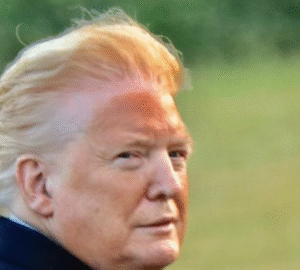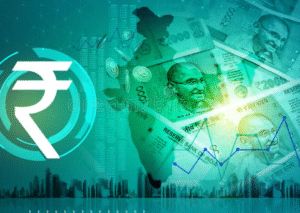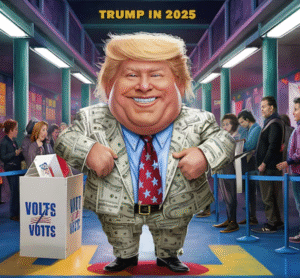#LebanonCrisis #MiddleEastTensions #ArabWorld #WashingtonResponsibility #IsraelHizbollahConflict #WesternInvolvement #PoliticalCrisis #InternationalRelations #PeaceEfforts #GlobalStability
As the Middle East finds itself at yet another critical juncture, the spotlight intensifies on Lebanon, a nation teetering on the edge of profound crisis. The ongoing war between Israel and Hizbollah has not only ravished the local communities caught in the crossfire but also posed a substantial threat to the fragile equilibrium within the broader Arab world. Countries within this volatile region, each grappling with their own internal and external challenges, regard the containment of this conflict as a pivotal responsibility of the Western world, particularly Washington. This expectation stems from a complex web of historical, political, and military involvements that have, over decades, intertwined the fates of the West with those of Middle Eastern states.
The silence from Washington, perceived as a reluctant giant in this scenario, has raised eyebrows and concerns amongst Arab leaders and global observers alike. There’s a palpable sense of urgency for a proactive stance from the United States, seen as instrumental in orchestrating a durable ceasefire and initiating a dialogue aimed at a sustainable peace. However, the complexity of Washington’s position cannot be understated. Balancing act of supporting Israel, a longstanding ally, while attempting to mitigate further escalation with Hizbollah, requires a nuanced approach, one that transcends military might to include diplomatic finesse and cooperation with international partners.
On the ground in Lebanon and across its borders, the human toll of this conflict cannot be overstated. Thousands have been displaced, with countless lives lost and many more hanging in the balance. The economic ramifications are profound, further exacerbating Lebanon’s existing financial crisis, and threatening to pull the entire region into a maelanistic economic downturn. The Arab world watches with bated breath, hoping for a resolution that brings peace and stability back to the region, but fully aware that the longer this conflict persists, the more entrenched the divisions may become.
The broader implications for international relations and global stability are significant. A prolonged conflict has the potential to attract external actors, further complicating an already complex situation. As such, there is a clear and present need for a concerted effort led by Washington, in partnership with the United Nations and Arab League, to address the root causes of the Israel-Hizbollah war and to lay down the groundwork for a peace process that is inclusive, sustainable, and responsive to the urgent needs of the civilian populations most directly affected. The Arab world waits, somewhat skeptically, for Washington to rise to this challenge, in hope that leadership on the global stage can translate into lasting peace and security in their own backyards.







Comments are closed.